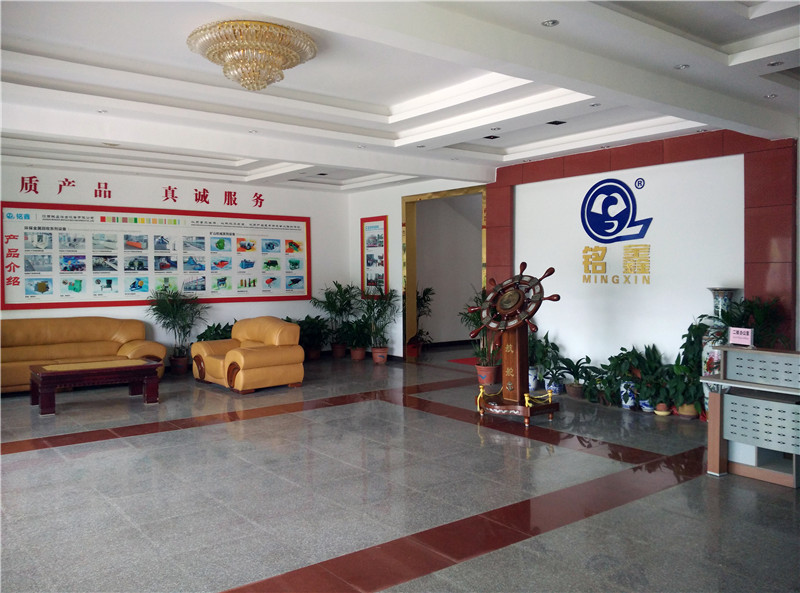With the acceleration of industrialization, the recycling of metal waste becomes increasingly important. Metal waste not only takes up space, but can also pollute the environment. Therefore, developing effective impurity removal methods is essential to improve metal recovery and protect the environment. This paper will discuss the methods of impurity removal in metal waste recycling, including technical principles, practical applications, and challenges.
The importance of metal waste recycling Metal waste recycling not only helps to save resources, but also reduces the damage to the environment. Through recycling, new metal mining can be reduced, reducing energy consumption and greenhouse gas emissions. In addition, the cost of recovering metals is generally lower than mining new metals, making metal recycling an economically viable option.
Impurities in metal waste Impurities in metal waste include non-metallic substances (such as plastics, rubber, wood, etc.) and harmful metals (such as lead, mercury, cadmium, etc.). These impurities, if not removed, will affect the quality of the metal and the efficiency of recovery.
3. Impurity removal method
1. Physical method - magnetic separation: The use of magnets to absorb ferromagnetic impurities. - Screening: The separation of different particle sizes of waste through the screen. - Air separation: The use of air flow to separate light impurities from metals. Flotation: The use of surfactants to float non-metallic impurities, which are then removed by a scraper or foam separator.
2. Chemical method - pickling: Use an acidic solution to dissolve oxides and other impurities on the surface of the metal. - Alkali wash: Use an alkaline solution to remove grease and organic matter. - Electrolysis: Removing impurities from metal surfaces through the process of electrolysis.
3. Mechanical method - crushing: the large pieces of waste are broken into small pieces to facilitate subsequent treatment. - Shearing: Use a shearing machine to cut waste into smaller sizes. - Grinding: Removing impurities from metal surfaces by grinding.
In actual operation, a variety of methods are usually combined to improve the efficiency of impurity removal. For example, ferromagnetic impurities are first removed using magnetic separation, then light impurities are removed through screening and air separation, and finally the remaining harmful metals are removed by chemical methods.
V. Challenges we face
1. Technical challenge: Develop more efficient and less costly impurity removal technologies.
2. Economic challenge: Improve the economic efficiency of metal recycling to attract more investors and enterprises to participate.
3. Environmental challenges: Ensure that no new environmental pollution is generated during metal recycling.
Impurity removal in metal scrap recycling is a complex but crucial process. By constantly researching and developing new technologies, we can improve the efficiency and quality of metal recycling while protecting our environment. With the advancement of technology and society's emphasis on sustainable development, metal waste recycling will play a greater role in the future.











